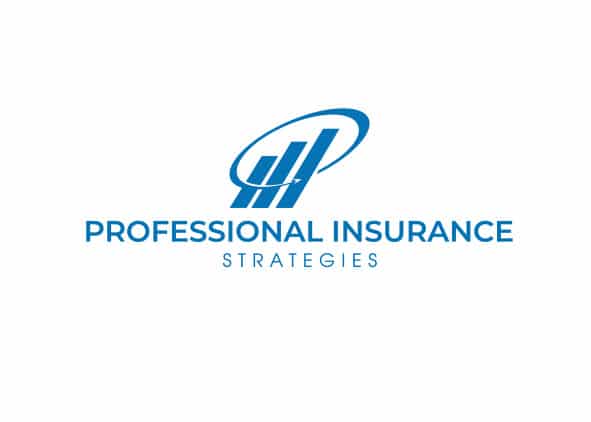Assisted Living Center Insurance
Quote Now Running an assisted living facility is tough but finding Assisted Living Center Insurance can be tougher. One of the many challenges that comes along with running an assisted living facility is making sure that you have the proper Assisted Living Center Insurance policy. There are several types of insurance that you will need…
